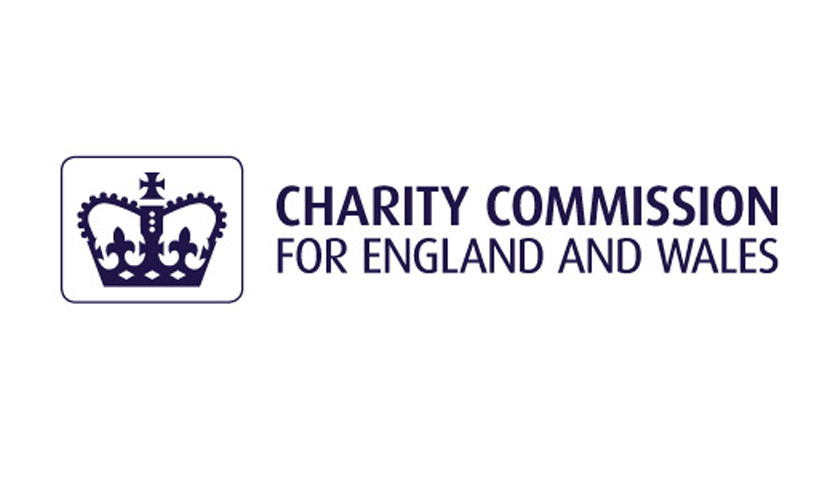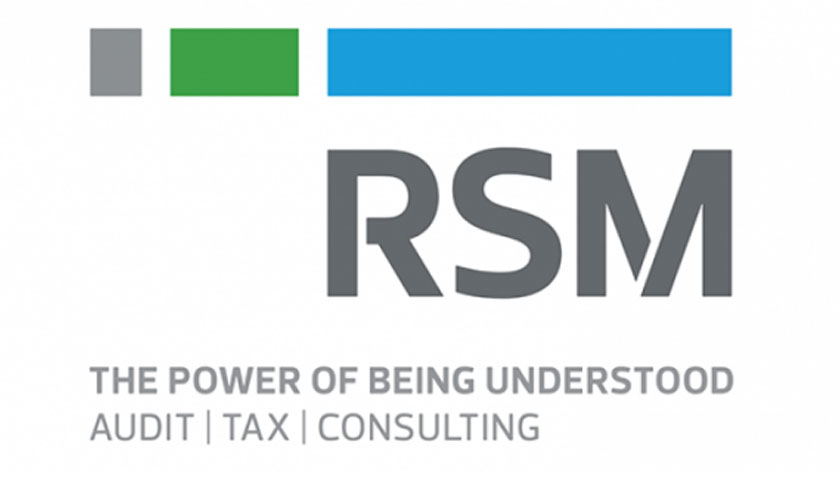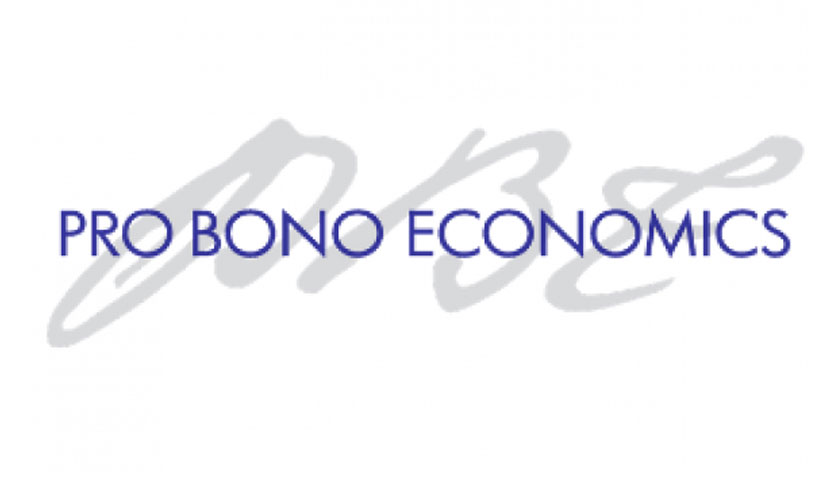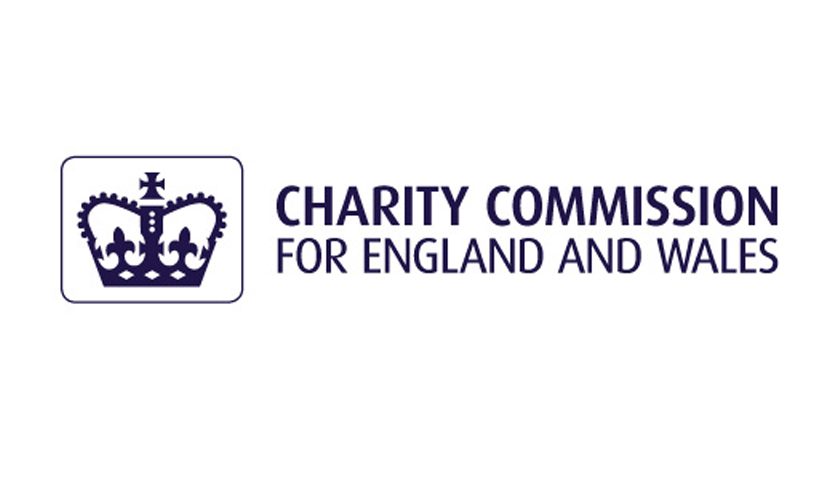The Charity Commission should use its “soft power”, alongside the sector’s infrastructure bodies, to help improve the grant-making process for charities and funders, according to a major new report.
New research for the Law Family Commission on Civil Society, carried out by Pro Bono Economics, found that the process by which charitable trusts and foundations award grants in the UK was beset by “short-termism”, “sub-optimal processes” and the “reproduction of wider social inequalities”.
The report recognises the rich diversity of the grant-making community, from foundations with multimillion pound endowments, to the smaller family foundations that play such a vital role in supporting small- and medium-sized charities with seed capital. Without advocating a one-size-fits-all approach, the research highlights a range of actions that grant-makers can take – from small improvements, to more transformative approaches.
The report points to grant-makers who have already changed their practices to better support charities, maximise the impact of their grants and reduce inefficiencies, as well as the work of the Association of Charitable Foundations (ACF), which has set out 40 “pillars” of better practice to guide grant-makers, as part of its Stronger Foundations initiative. However, too many charities still feel they are trapped on a constant “hamster wheel” of grant applications which drain the sector’s resources and undermine its impact.
In a wide-ranging report, titled Making it count: Overcoming the barriers to better grant-making, the Commission has recommended three measures aimed at addressing the problems and realising the full potential of grant-making. These recommendations are:
- An active role for the Charity Commission. The regulator is encouraged to take a “pivotal role” in sharing information about problems caused by poor grant-making, what good practice looks like and the resources available to support improvements.
- Expand independent benchmarking. Grant-maker benchmarkers should explore opportunities to expand the scope of their work and the Charity Commission should encourage more involvement in and use of benchmarks across the sector.
- Amplify the voice of grant-seeking charities. Charity sector infrastructure bodies need to speak out on behalf of the sector to increase awareness of the problems caused for charities by poor grant-making, while working with the regulator, government and benchmarkers to ensure change is adopted and driven forward.
Grant-making in the UK was worth £9.6 billion in 2019-20, nearly a sixth (16%) of the charity sector’s overall income. In total, the top 300 foundations in the UK account for 90% of foundation giving.
Earlier this year, research carried out by Giving Evidence for the Law Family Commission found that charities in the UK spend at least £900 million each year on grant applications alone, with some small- and medium sized charities having to use a third of their overall grant income applying for more funding.
According to the new report, these costs are driven by “sub-optimal processes”, including complex and time-consuming grant application and monitoring processes. Some of the reasons for this include a lack of design in application processes, a lack of information about the costs involved in applying for grants and a lack of service design or digital skills among staff working for funders, the report argues.
The short-term basis on which many grants tend to be offered was also identified as a barrier to effective grant-making. With many grants offered for just a year at a time or less, the report found this leads to uncertainty and leaves charities unable to plan for the future.
In addition, the report concluded that the problems with some grant-making processes “tend to intersect and reproduce wider social inequalities”. As an example, the report points to charities run by and for ethnic minority communities, which face “especially acute struggles in accessing grants”. Recent findings from the Funders for Race Equality Alliance show that only 14% of the £122mn worth of funding from its membership went to organisations with a mission or purpose of supporting ethnic minority communities.
The report, which draws on interviews with a wide range of grant-makers, consultation with sector experts ranging from regulators to infrastructure bodies, and existing literature on grant-seekers’ views, also identifies four main barriers to more effecting grant-making:
- Awareness and motivation. Some grant-makers are unaware or do not believe their processes are causing problems for grant-seekers.
- Control over strategy. It is felt by some grant-making staff that their trustees or donors do not properly understand the needs of organisations and communities they want to help, and place unhelpful restrictions on how staff can operate as a result.
- Capacity and capabilities. There is insufficient funding for staff and skills within from many grant-makers, which makes it challenging to assess the impact of their practices or design better processes.
- Engagement with grant-seekers. Some larger grant-makers feel they intimidate smaller grant-seekers out of applying, while some smaller foundations find they lack the profile to reach these smaller grant-seekers. These issues can be particularly acute in relation to engaging with grant-seeking organisations run by and for ethnic minority communities.
Helen Barnard, Research and Policy Director at Pro Bono Economics, said:
“With an annual value of close to £10 billion, grant-making in the UK is an incredibly important source of income for charities. When done effectively, this form of charity funding can be transformative for organisations.
“Although there are numerous examples of brilliant grant-makers, there is a problem with the system more widely.
“Too often, charities come up against time-consuming and costly application processes and funding that is too short-term, while grant-making decisions can reproduce wider social inequalities.
“Addressing this problem requires leadership from the Charity Commission and the sector’s various infrastructure bodies. These organisations have the influence and reach to bring lasting change which can help to unlock the full potential of grant-making in the UK.”
Sarah Vibert, CEO at NCVO, said:
“The positive impact of grant funding on people and communities in the UK is already huge but has the potential to be greater still. We are at a critical point for voluntary organisations where demand is growing alongside financial pressures, so it is more important than ever that we get this right.
“As a sector, we know that smaller, grassroots charities can often have the greatest impact on tackling systemic inequalities facing communities, yet too often applying for grant funding can be complex and costly, which narrows the pool of opportunity. However, our own research showed that in response to the pandemic many grant conditions became more flexible, relationships improved and there was a greater availability of unrestricted funding. This should be the basis for longer term change.
“At NCVO, we continue to do all we can to support voluntary organisations to have the skills and knowledge to make successful grant funding applications, as well as amplifying NCVO member voices to ensure the best possible funding environment for voluntary organisations. We are also very supportive of the important work of the Association of Charitable Foundations (ACF) and other sector partners to ensure grant-making in the UK is as effective and impactful as possible for all organisations.”
Jane Ide OBE, CEO of ACEVO, said:
“This report and its findings are important for the development and sustainability of our sector and especially now in times of rising need and widening inequalities.
“The issues identified are holding the sector back from making the biggest possible difference and it’s incumbent upon leaders to take action to ensure continued progress towards a more sustainable, effective and equitable sector.
“ACEVO will continue to support the need for ongoing conversation among leaders, regulators and funders to champion the benefits that improving grant-making will bring across society.”
Carol Mack, Chief Executive of ACF, said:
“In this time of rising living costs and great social need, foundations are playing a vital role in keeping charities afloat. Many funders are already demonstrating good grant-making practice and there is scope for this to be more widely adopted across the sector.
“Funding practices are where the rubber hits the road; the interface through which foundations interact most intimately with those that they fund. Ambitious and effective practice involves understanding the effects of funding on those that foundations seek to support, and seeking to avoid and redress harm.
“It also includes more positive aims, like choosing funding practice that is most likely to help foundations achieve their mission, and designing processes in accordance with values. Implementing these principles will help foundations achieve even more and embed stronger practice.”



